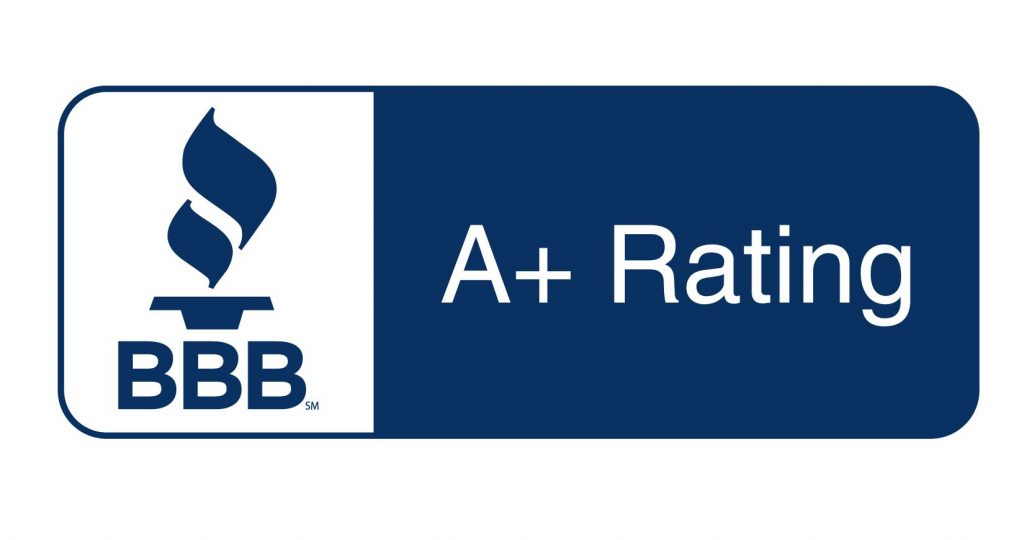Did you know you can switch your Medigap plan at any time during the year? There could be several reasons you want to do this. Maybe your current plan’s premium has increased too much, or you want to try increasing or decreasing your benefits. Whatever the cause, you can make this decision at any time. The catch is that, most times, you’ll need to be healthy enough to pass underwriting.
If you’re finding yourself in this situation, you might be wondering if you can pass Medigap underwriting. Underwriting involves answering a series of medical questions, though fortunately, it doesn’t entail a visit to your doctor. It’s actually an easier process than you might think, and Carolina Senior Benefits is here to help you every step of the way.
Today, we’ll take you through a few scenarios that might lead to an approval or denial from the insurance carrier. By the end of this article, you’ll have a good idea as to whether or not you’ll be able to pass Medigap underwriting requirements.
Guaranteed Issue Rights
Every Medicare beneficiary is entitled to one 6-month Medigap open enrollment period, which begins on your individual Part B effective date. During this time, you can choose to enroll in any Medigap plan of your choosing, and you will not be denied coverage. Remember, this is a once-in-a-lifetime opportunity.
There are some other scenarios when you’ll be able to skip the underwriting process. This privilege is called “guaranteed issue rights” or just “GI rights.” Instances when you’ll have GI rights include:
- Upon your first enrollment in Medicare Advantage, when you are within your first 12 months.
- When you are enrolled in Medicare Advantage or a Medicare SELECT policy and the plans are discontinued, or you relocate outside of your plan’s service area.
- The insurance carrier did not follow the rules or misled you into coverage.
In either of these instances, you’ll be allowed to go back to the Medigap policy you had prior to changing plans – same plan, same insurance carrier. It’s always worth talking to your Medicare advisor to see if you are eligible for GI rights.
State-Specific Medigap Open Enrollment Periods
Some states have special provisions for Medigap Open Enrollment, enabling residents to change their Medigap plans without underwriting. Below is a list of states that have rules outside the norm.
California: You can change your Medigap plan during a 91-day window around your birthday. You may choose a Medigap plan of equal or lesser value, and you can switch to a different insurance company.
Oregon & Maryland: You have 31 days around your birthday to switch to a Medigap plan of equal or lesser value and may switch carriers.
Missouri: Similar to the birthday rule, Missouri permits changing Medigap providers around the policy’s anniversary, as long as you keep the same coverage level. For example, transitioning from Plan G to another Plan G is allowed without a health check. However, moving from Plan G to Plan N is not. This period usually lasts from 30 days before to 30 days after the anniversary.
Illinois: Between the ages of 65 and 75, Illinois locals can alter their Medigap plan 45 days after their birthday without a health check. However, they can only choose a policy with the same or lesser coverage and must stay with their current insurance carrier.
Idaho: Adopting the birthday rule, participants can shift to an equivalent or lesser Medigap plan. This window starts on your birthday and ends 63 days later.
Louisiana: Individuals 65 or older with a Medigap plan can have a 93-day window around their birthday to change to a different plan without a health evaluation. Individuals can choose the same or less value plan within the same insurance company.
Nevada: On the starting day of their birth month and for the next 60 days, individuals can change to a Medigap plan with the same or lesser coverage without a health assessment. They may also choose to switch carriers.
Year-round Enrollment States: States including Connecticut, Maine, Massachusetts, New York, Vermont (certain providers), and Washington have continuous Medigap Open Enrollment. Still, specific requirements exist, so residents of these states should further research their local regulations.

Medigap Underwriting Health Questions
Now that you know when you’ll have guaranteed issue rights, let’s talk more about how to change your Medigap plan when you don’t have those same rights. In this section, we’ll talk about the underwriting process insurance carriers will use to make their decision.
It all boils down to health-related questions. There will be questions about conditions that have occurred during your lifetime, as well as those that have happened during the recent past (usually within the last two years).
In almost all cases, you’ll need to have a “no” answer to the health questions on the Medigap applications. Answering “yes” will result in an instant rejection by most insurance carriers. And no, you should not answer “yes” when you should answer “no.” Even if your application goes through, your insurance carrier won’t be liable for claims down the road.
Of course, there are exceptions, and each insurance company has its own application. You should consult with Carolina Senior Benefits to find out if you might qualify to change your Medigap plan, as some carriers have less strict rules than others. Let’s look at a few health conditions you might get asked about on your application.
Minor Health Conditions
Medigap generally overlooks minor health issues such as seasonal allergies, flu, or infrequent colds. Conditions like elevated blood pressure or cholesterol are not troublesome unless linked with a more serious issue. While mild arthritis is typically accepted, rheumatoid arthritis usually results in an application rejection. Medigap policies are usually more flexible about Body Mass Index (BMI) than other insurance types. Being a bit overweight isn’t a significant concern unless it reaches extreme obesity levels. Agents can verify your height and weight with a company’s guidelines to guarantee successful application.
Pending Surgeries and Other Treatment
Insurance companies often show reluctance to cover imminent costly procedures. They’re cautious about footing the bill for surgeries, particularly because Medigap plans cover 20% of such costs. For non-critical surgeries, such as gall bladder removal, carriers favor having them completed under your existing insurance. After significant surgeries like knee replacements, some providers might impose a wait of a year or longer before evaluating your application.
Recent Major Treatment
Medigap plan providers pay close attention to recent major health incidents. Regular hospital stays, in-home healthcare, or staying in a nursing home can often result in application rejections. Switching coverage also becomes difficult once you’re in assisted living. For cancer, carriers usually expect a 2-year remission before reviewing an application. While some may provide coverage for those with significant health issues, it’s often at elevated rates. At times, keeping your existing plan might be more cost-effective than moving to a pricier alternative because of health challenges.
Incurable Chronic Conditions
Insurance companies often reject applications due to specific chronic diseases. Issues such as dementia, persistent lung problems, immune-related conditions like RA, MS, Lupus, or AIDS, and nervous system disorders, including Parkinson’s, usually lead to rejections. Osteoporosis accompanied by fractures is another red flag. Carriers expect substantial long-term expenses for these conditions. Furthermore, severe heart complications, vascular illnesses, past incidents of heart attacks or strokes, and kidney failures can make it difficult to switch Medigap plans.
Declinable Prescriptions
Medigap carriers review national prescription databases to gauge an applicant’s health. By accessing your medication history, they identify drugs indicative of major health concerns. It’s important that the information shared is truthful and precise. For example, if a lupus-related drug appears in your records but lupus isn’t mentioned in your application, it alerts the insurance company.
Several carriers have a list of medications leading to automatic rejections, often linked to chronic or intense diseases. These drugs typically hint at conditions that might result in substantial costs for the insurance provider. The combination and history of your medications can also influence your application. If your prescriptions include treatments for diabetes, high blood pressure, and cholesterol, the synergy of these drugs, along with recent dosage alterations, can be crucial.
Finally, persistent use of pain relievers like hydrocodone, fentanyl, or oxycodone can signal unresolved and potentially costly health challenges.
Get Help Changing Your Medigap Plan
This process might seem difficult, and your feelings are valid. Navigating a Medigap plan change can be daunting when done alone. Our team of advisors is here to guide you through the Medigap underwriting process and offer insights on the potential success of your application.
For expert help with your Medigap plans, call Carolina Senior Benefits today.





